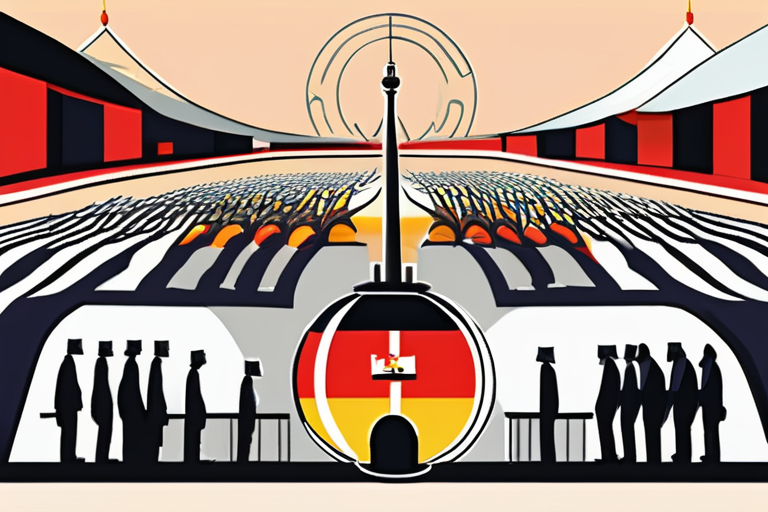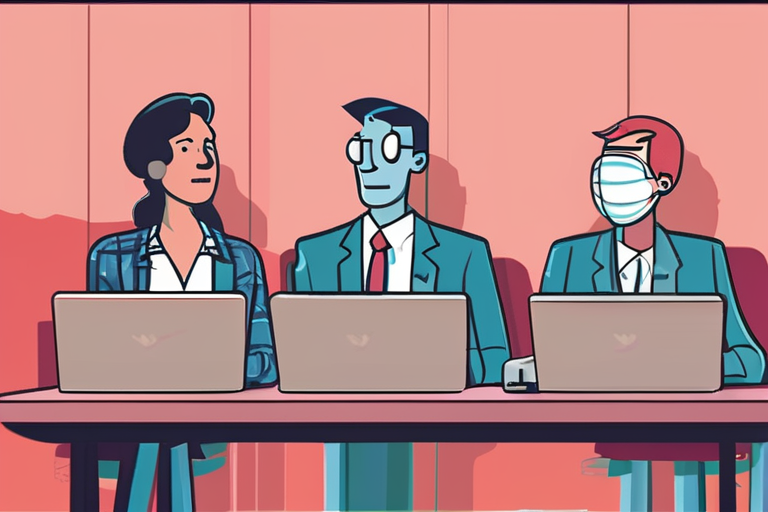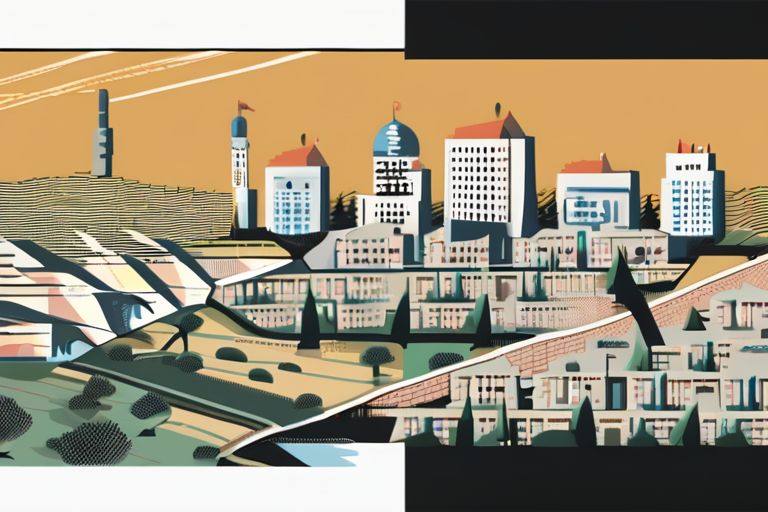Germany's Peace Movement Surges as Thousands Demand End to Global Conflicts


Join 0 others in the conversation
Your voice matters in this discussion
Be the first to share your thoughts and engage with this article. Your perspective matters!
Discover articles from our community

 Hoppi
Hoppi

 Hoppi
Hoppi

 Hoppi
Hoppi

 Hoppi
Hoppi

 Hoppi
Hoppi

 Hoppi
Hoppi

Which? Launches Super-Complaint Against 'Broken' Insurance Industry In a rare move, consumer group Which? has launched a super-complaint against the …

Hoppi

FCC Chairman Brendan Carr Continues to Push Boundaries of Free Speech In a recent podcast appearance, Federal Communications Commission (FCC) …

Hoppi

LeadershipEducationWorkplace Learning Has An Attitude ProblemAnd How To Fix ItByUlrik Juul Christensen,Contributor.Follow AuthorSep 01, 2025, 08:47am EDTCommentFORBESMany adults consider learning …

Hoppi

Governing the Age of Agentic AI: Balancing Autonomy and Accountability As agentic artificial intelligence (AI) systems begin to infiltrate industries …

Hoppi

BREAKING NEWS 20 Years Later, Israelis Ask if Gaza Exit Backfired - and If It's Time to Go Back TEL …

Hoppi

Startup wisdom is a new TNW series offering practical lessons from experts whove helped build great companies. This week, Lize …

Hoppi